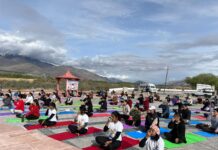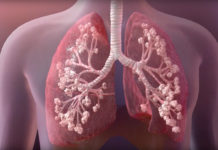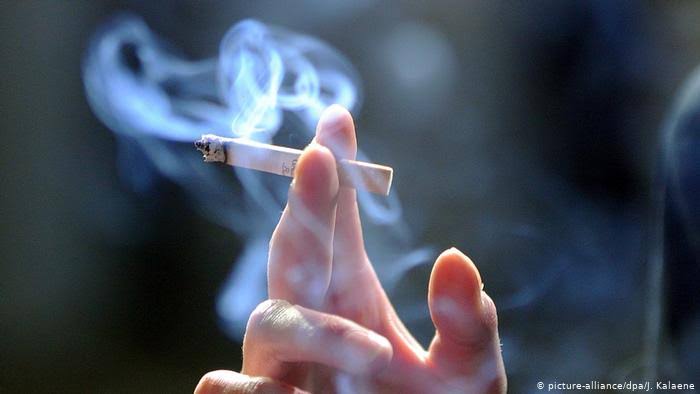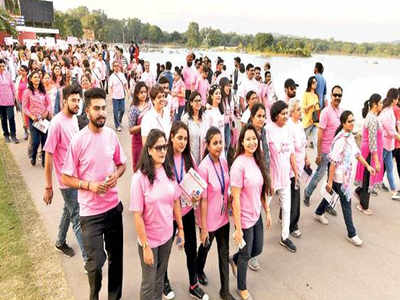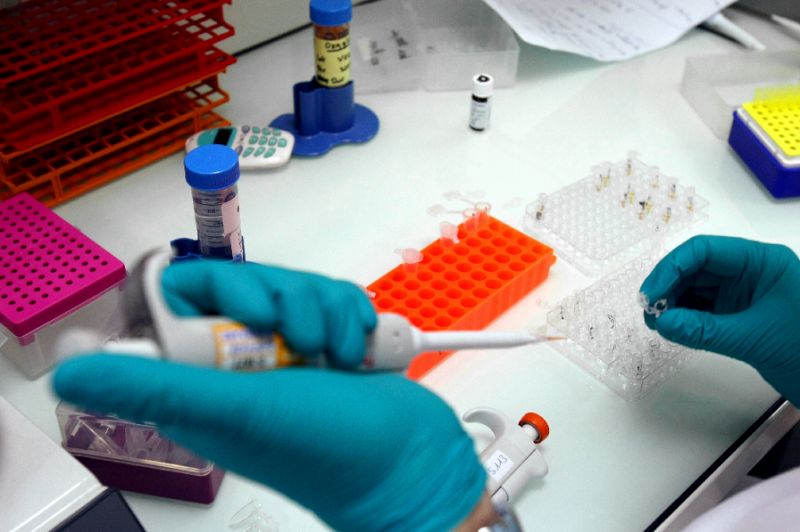HL|People who eat dinner before 9 p.m. — or at least two hours before going to sleep — have a 20% lower risk of breast and prostate cancer than those who eat after 10 p.m. or go to bed shortly after supper, researchers found.
“The mechanisms are not clear,” said Dr. Manolis Kogevinas, a research professor at the Barcelona Institute for Global Health in Spain and lead author of a new study on the topic. “What we know from experimental studies is that we are conditioned to function in different parts of the day. We — not only humans but all living organisms — have developed throughout time functioning differently in day and night.”
The study, published Tuesday in the International Journal of Cancer, followed 621 people who had prostate cancer and 1,205 who had breast cancer, as well as 872 male and 1,321 female patients without cancer, known as a control group, chosen randomly from primary health centers throughout Spain.
authors considered each person’s lifestyle and chronotype, or preference for being an early bird or a night owl, interviewing them about when they ate meals and their sleeping habits. Participants also completed questionnaires about their eating habits and observance of cancer prevention recommendations such as physical activity and limiting alcohol consumption.
The researchers said that the effect of a longer supper-sleep interval was more noticeable in those who were following cancer prevention recommendations and in those who were morning types with both breast and prostate cancer.
About 27% of breast cancer patients followed the cancer prevention recommendations, compared with 31% of the control group. Similar results were found in the prostate cancer group.
The researchers interviewed the two group types twice, asking them about workday and weekend habits when they were 40 (or their current age, if younger) and about what they were doing a year before their cancer diagnosis or before they were interviewed.
Though 7% of the subjects also had after-supper snacks, the study focused on full meals, Kogevinas said.
Previous research has shown that breast and prostate cancer risk are associated with night-shift work and the disruption of circadian rhythm, or a person’s sleep-wake cycle, Kogevinas explained. In 2007, the World Health
who had done night-shift work were not included in the new study.
The results of the study are fairly consistent with previous research, said Catherine Marinac, a research fellow at the Dana-Farber Cancer Institute who was not involved in the study. Marinac’s own research suggests that eating in tune with the body’s natural clock may help reduce the risk of breast cancer recurrence in survivors.
Source:CNN




